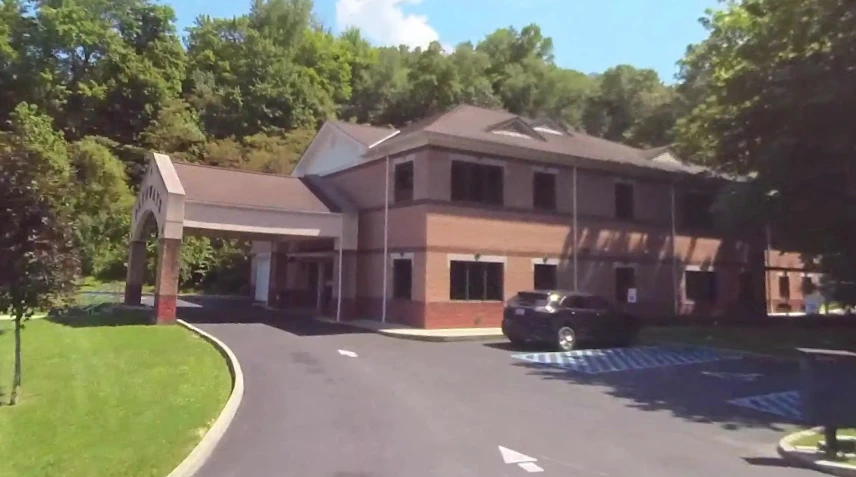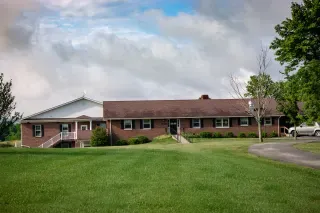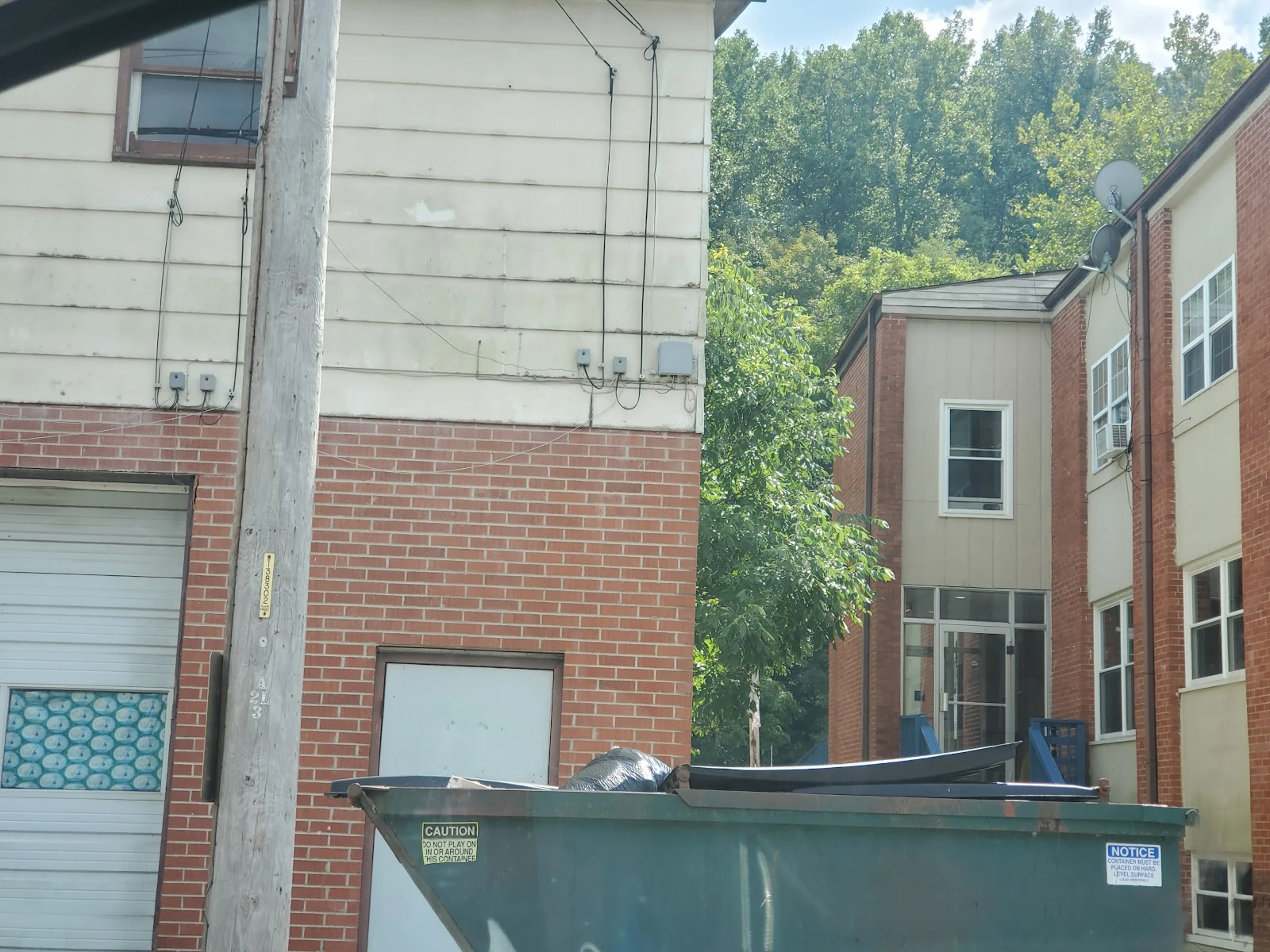Pathways - Lansdowne Drive Information
Treatment
Who We Treat
- Male and Female
Treatment Focus
- Anxiety
- Depression
- Drug Addiction
- Opioids
- Alcohol
Approaches
- Individual Treatment
- Evidence-Based
- Family Therapy
- Group Therapy
- Acceptance and Commitment Therapy (ACT)
- Trauma Informed
- Cognitive Behavioral Therapy (CBT)
- Dialectical Behavior Therapy (DBT)
- 1-on-1 Counseling
- Eye Movement Therapy (EMDR)
- Life Skills Training
- Relapse Prevention Counseling
Conditions We Treat
- Depression
- Anxiety
- Bipolar Disorder
- Trauma
- Psychosis/Schizophrenia
- Schizophrenia
- Bipolar
- Co-Occurring Disorders
Substances We Treat
- Alcohol
- Prescription Drugs
- Heroin
- Opioids
Languages
- English
Aftercare
- Intensive Outpatient Program
- Outpatient Treatment
Level of Care
- Outpatient
- Intensive Outpatient Program (IOP)
- Virtual & In-Home Care
Experience
Personal Amenities
- Air-Conditioned Rooms
Additional Locations
Find the best treatment options. Call our free and confidential helpline today!






